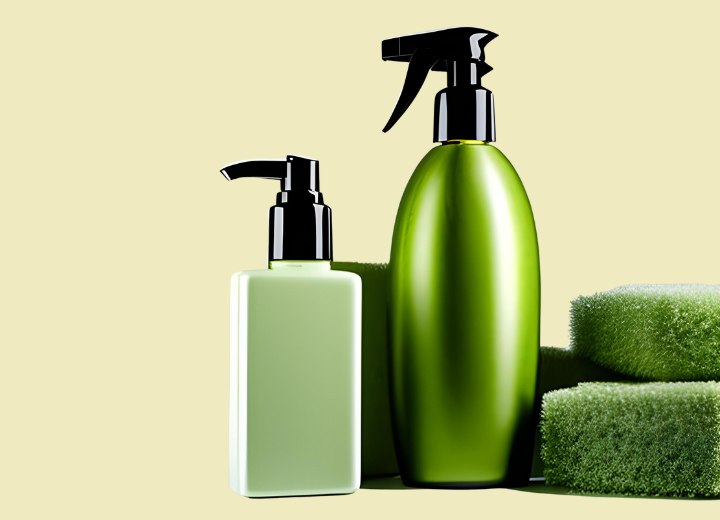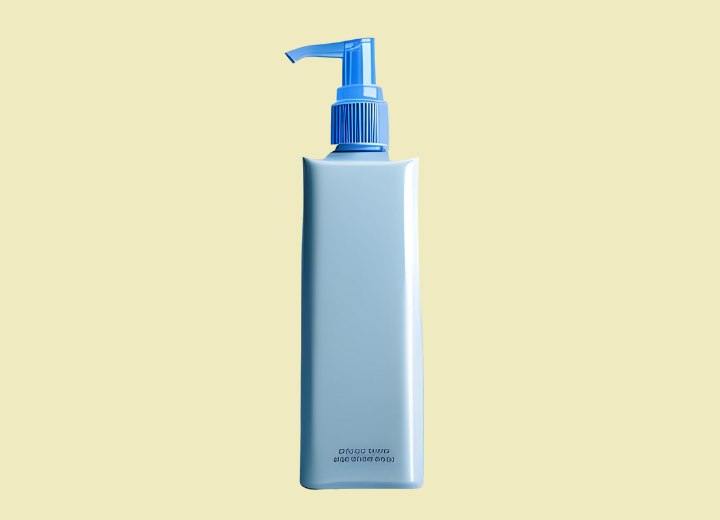Choosing a Hair Product

But what about choosing a product in more general terms? How do you know you need a styling gel as opposed to mousse? When do you use shine enhancers or serums? Let's look at the product categories, define their uses, and learn how to choose hair products.
The thing most people get confused about with regard to shampoo is how often they should change their shampoo – and why. The answer is fairly simple: Shampoos are formulated to be more alkaline than hair and skin. It's the alkalinity that enables the shampoo to cleanse the hair. Usually, the shampoo also contains other ingredients to condition the hair or smooth the cuticle layer and make the hair softer or shinier.
When a person has used a particular shampoo for a prolonged period of time, the hair can become saturated with the ingredients of the particular product, reaching something of a "balance" in the level of the product in the hair. The hair may also have its alkalinity shifted to be more like the product being used. This means that the hair seems less affected by continued use of the shampoo. Hair that once felt remarkably soft and silky after using the shampoo may now just feel a bit cleaner.
When you switch shampoos, you introduce a different level of alkalinity, and the new shampoo seems to work much better. In a sense, it does, but this shampoo will eventually reach a "balance" level as well. The thing to remember is that even though your hair may develop a "tolerance" to a given shampoo, there's no need to set yourself on a schedule of changing shampoos. You should only worry about changing your shampoo when you stop getting the benefits you enjoyed from the shampoo.
In other words, unless the shampoo you selected because it left your hair fuller and more voluminous stops doing so when you use it, then you have no reason to change shampoos. However, when you feel your shampoo has stopped giving you the benefits for which it was chosen, then you need to look for a different shampoo.

There’s one other shampoo issue that many people don’t fully understand – the use of a clarifying shampoo. Clarifying shampoos are formulated to be more alkaline than regular shampoos, which enables the shampoo to strip away product buildup and particularly problematic oils and dirt.
You don’t need a clarifying shampoo unless you use a lot of styling products – specifically super-hold or extra-strength products or layered products. In other words, if your daily hair routine involves using styling gel, mousse, spritz, and/or hairsprays OR you use any of these products for multiple days in a row between shampoos, you may want to consider using a clarifying shampoo every few shampoos to remove any build-up left behind by your regular shampoo.
Conditioners/Detanglers
Some people - no matter how many times they hear it - seem to be unable to grasp the idea that the use of "conditioner" should be part of their daily hair care routine. In some cases, the hair can be adequately cleaned by the application of conditioner alone.
Conditioners come in three general varieties - deep conditioners, rinse-through conditioners, and leave-in conditioners. Each of these varieties is designed to serve a specific purpose. Deep conditioners are formulated to replenish moisture, restore strength, and soothe roughened cuticles.

In this case, the term "deep conditioner" refers to a specially formulated conditioning agent that is designed to provide intense treatment and repair. This should not be confused with the term deep conditioning treatment which I’ve used several times before, and can refer to a treatment that uses regular hair conditioner in such a way as to make the conditioner penetrate more deeply. Deep conditioners include such products as hair masks and protein packs.
Rinse-through conditioners are the standard companion products to shampoo. They are applied to the freshly shampooed hair and left in place for 2-3 minutes before being rinsed away. Their purpose is to replace any moisture lost by the hair and to smooth the cuticle layer of the hair to leave the hair looking and feeling soft, silky, and shiny.
Conditioners are generally more acidic than shampoos, although they are much more alkaline than hair. It is the alkalinity that makes the conditioner a suitable substitute for shampoo for some people who don’t subject their hair to excessive soil and dirt.
Continue reading ...